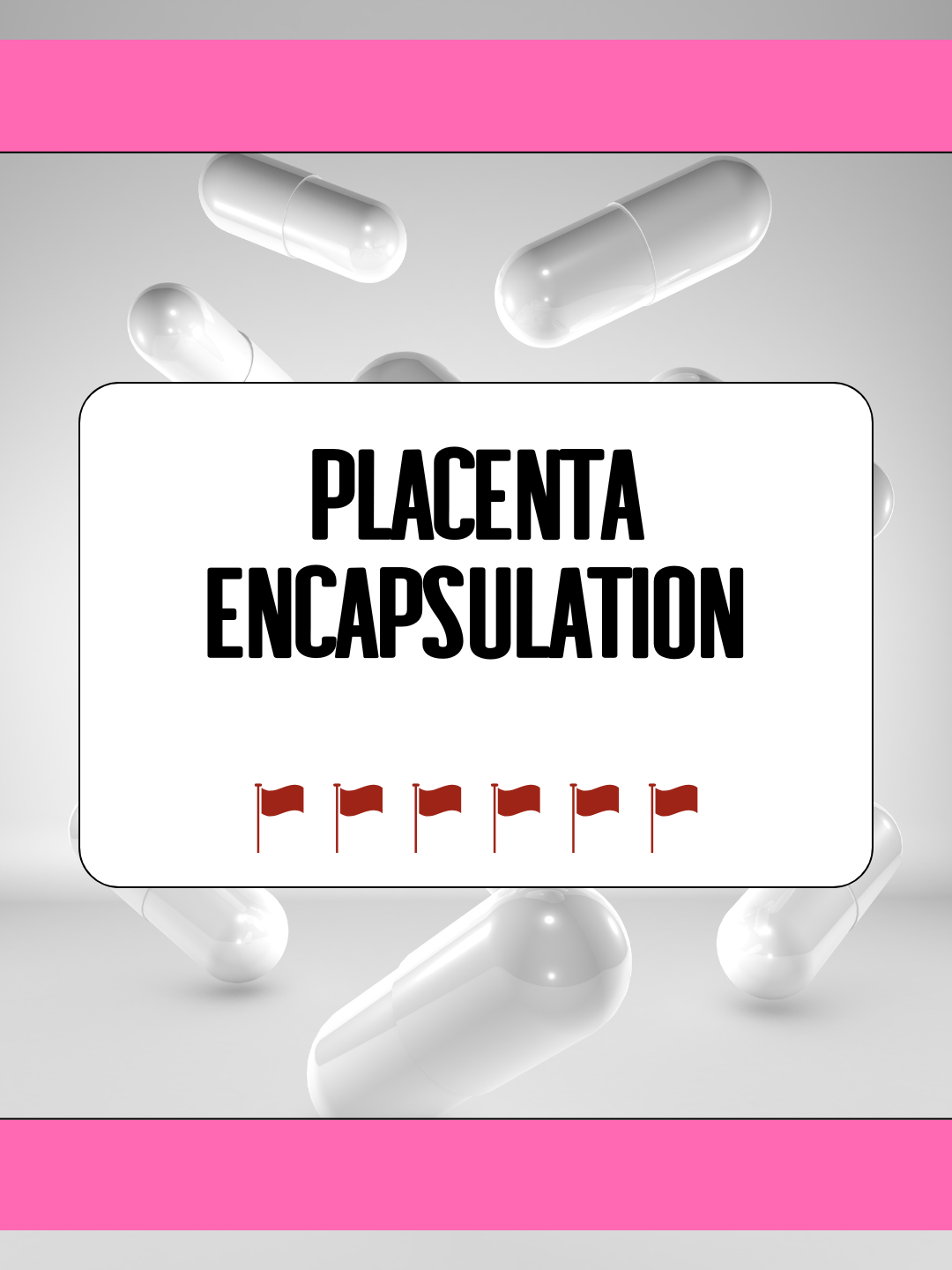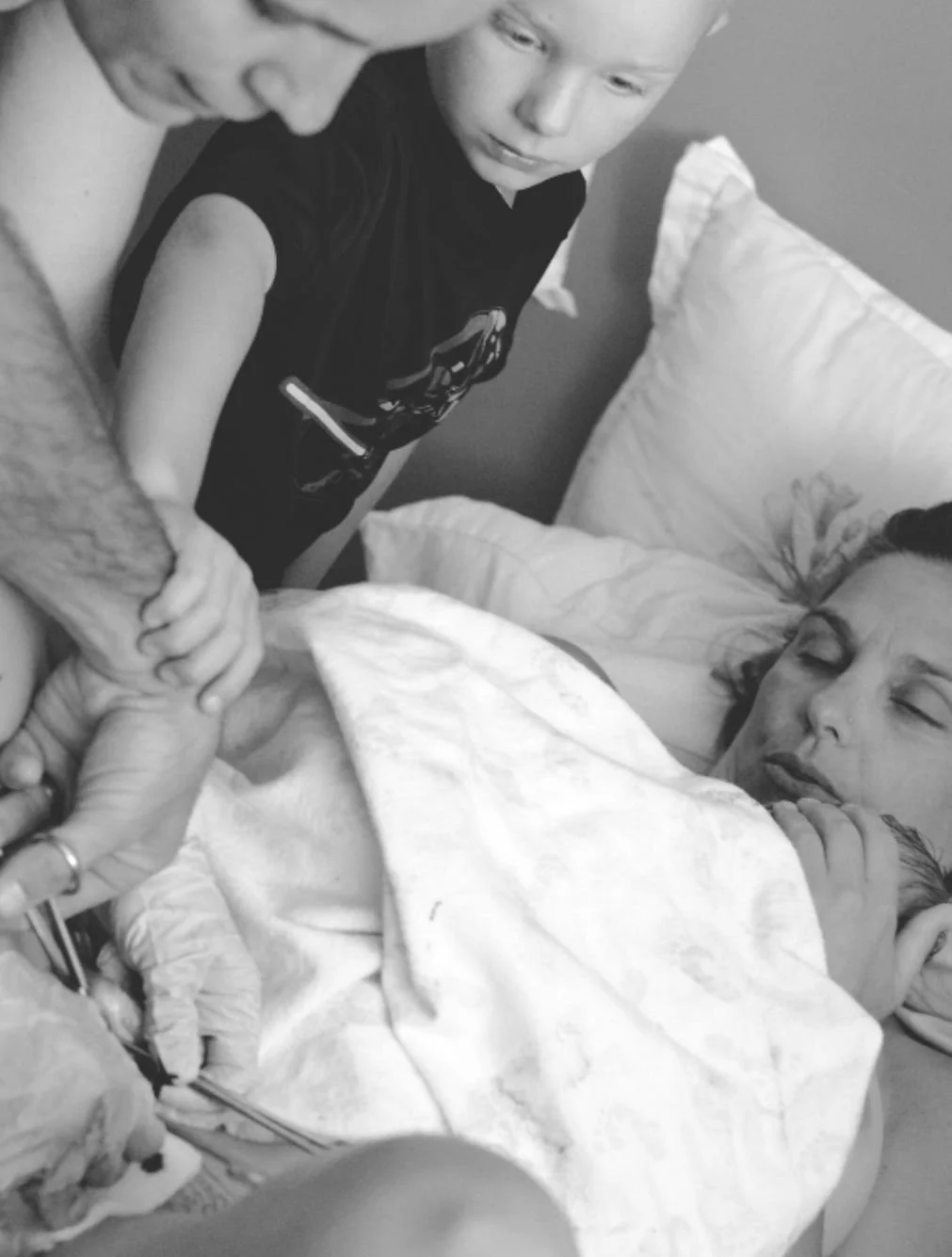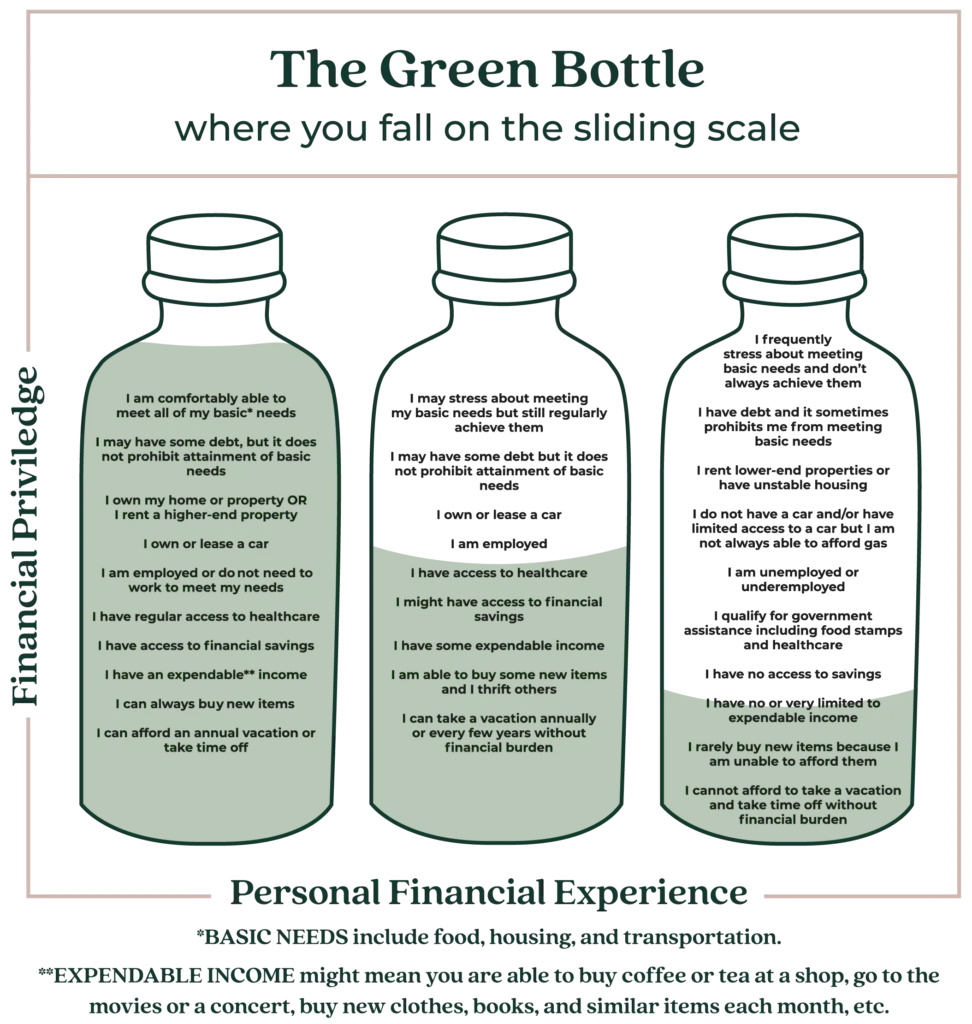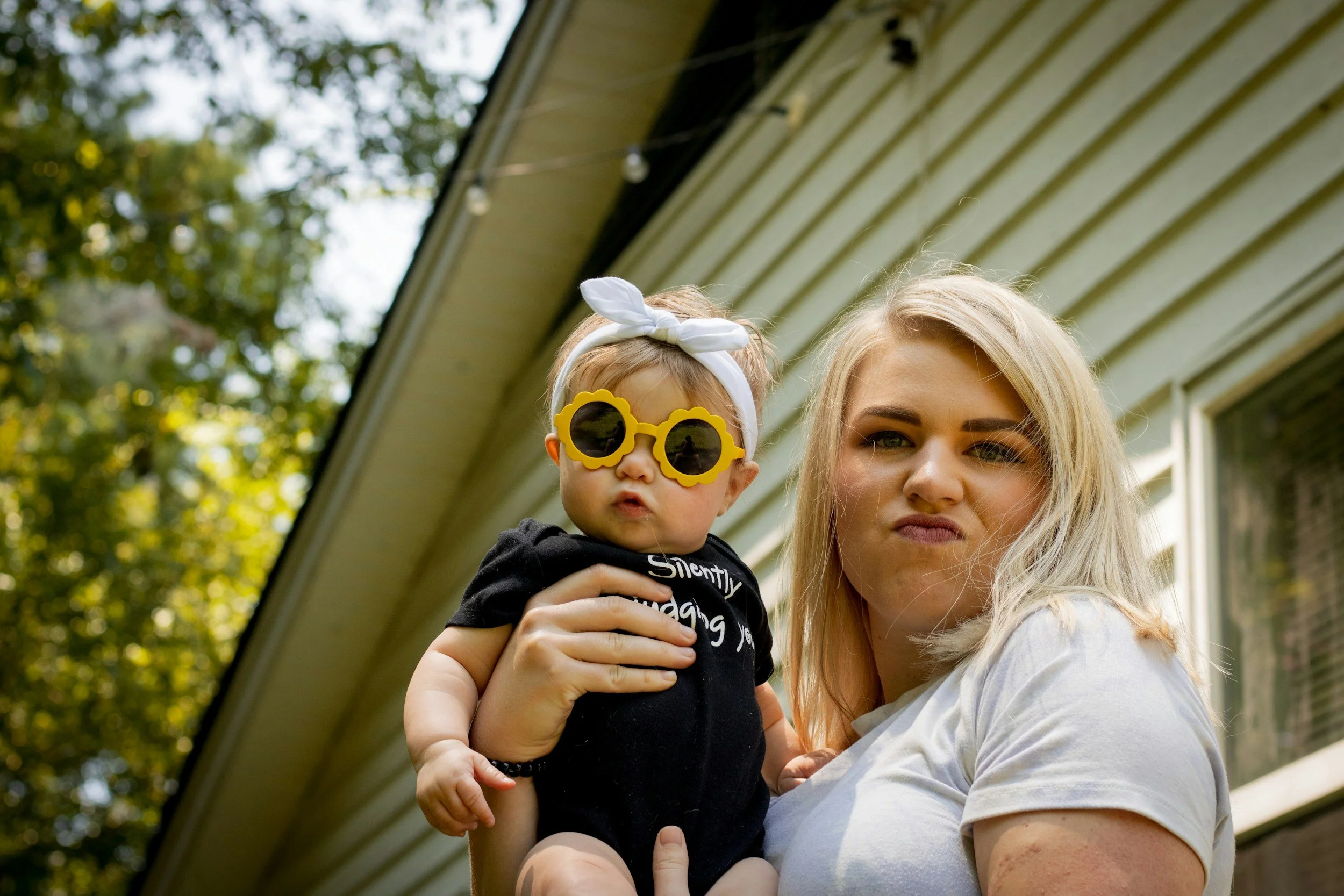
Placenta Encapsulation Red Flags To Look Out For
Placenta encapsulation is becoming more popular, but not all practices are created equal. In this post, I break down common industry red flags, safety concerns, and misleading claims so families and birth workers can make informed, confident choices about postpartum support. Higher standards protect everyone—especially new moms.

How Much Is a Placenta Really Worth?
Hospitals don’t sell your placenta—but biotech companies profit from it. In New Jersey, you have the right to keep your placenta and protect your body and the planet. Here’s what really happens after birth and why it matters.

I’m a Placenta Encapsulator; Not A Snake-Oil Peddler
Placenta encapsulation isn’t a miracle cure, but when done safely, it can support postpartum recovery. Learn the real risks, nutrients that survive dehydration, and why moms swear by placenta pills — all explained by a South Jersey professional.

An Ode to Cleaning And Organizing
Learn why South Jersey moms are turning to placenta pills and other postpartum strategies to reclaim their energy, regulate their nervous system, and have time for the things that keep them calm.

Delayed Cord Clamping: Every Expecting South Jersey Mom Should Know This
Delayed cord clamping is crucial for newborn blood volume, iron, and energy. Paired with placenta encapsulation, South Jersey moms can boost recovery, mood, and hormones after birth.

Is Placenta Encapsulation Safe? What South Jersey Moms Need to Know
If you’re giving birth in South or Central Jersey and wondering if placenta encapsulation is safe, the answer is yes — when handled by a certified professional. Learn what the research says, what safety protocols matter most, and how South Jersey moms can ensure their placenta pills are prepared with care.

Accessible Placenta Encapsulation for South Jersey Moms: The Green Bottle Method
I’ve adopted a Pay-What-You-Can model for placenta encapsulation, rooted in community care and sustainability. Learn what goes into each placenta I process, why full-price care exists, and how the Green Bottle Method helps make postpartum support accessible for all families — without compromising quality or respect.

South Jersey Moms: Why Take Placenta Pills After Birth?
Curious about placenta pills in Cherry Hill? Learn how encapsulated placenta can support postpartum recovery, retain valuable nutrients, and give moms a meaningful way to reclaim control over their postpartum experience — with research-backed info and local resources.

Can I Encapsulate My Placenta If I’m Having a C-Section?
New Jersey’s C-section rate is over 33%, far above the ideal. Learn what questions to ask your provider, how birth choices impact postpartum, and how placenta encapsulation can support your recovery.

Tylenol, Autism, Capitalism, and Why Moms Always Get the Blame
South Jersey moms: From Tylenol to placenta pills, get the science, natural alternatives, and practical advice for a healthier pregnancy and postpartum journey.

Managing ADHD Postpartum
Becoming a mom is overwhelming, especially for ADHD moms navigating postpartum life. From sleepless nights to sensory overload, you need guidance you can trust. That’s where I come in — as a South Jersey placenta encapsulation specialist, I provide support from consultation to postpartum care, so you never have to rely on strangers or guesswork. Let’s make your postpartum journey manageable, empowering, and centered on you and your baby.

Planning Postpartum with ADHD: Meds, Breastfeeding & Placenta Encapsulation in South Jersey
ADHD or neurodivergent? Learn how placenta encapsulation in South Jersey can support mood, energy, and recovery—plus personalized postpartum guidance.

Postpartum Rage, Spicy Brains & the Myth of the “Perfect Mom”
Exhausted, rage-filled, and alone in postpartum? You’re not failing—you’re being failed by a system that doesn’t get neurodivergent moms. Learn how to plan, protect your energy, and get real support with my More Than Just the Pills package.

South Jersey Moms: Stop Obsessing Over Your Birth Plan. Start Preparing for the Rest of Your Life.
Pregnant in South Jersey? Your birth plan is just the start—the real challenge begins after baby arrives. Learn why a solid postpartum plan is crucial to avoid anxiety, burnout, and identity loss. Discover the top myths about postpartum and how to prepare for life’s biggest transition with support designed just for you.

Why Even the Most Prepared moms Struggle Postpartum
You’ve done the reading. Made the spreadsheets. Built the dream nursery. But the truth is—postpartum doesn’t reward the most prepared. It tests every one of us. This post breaks down why traditional prep isn’t enough, what hidden risk factors most moms miss, and how to create a plan that actually holds you when everything shifts.

Breastfeeding Does Not Cause Postpartum Anxiety or Depression
Breastfeeding doesn't break moms —the systems we live under do. When you're sleep-deprived, unsupported, and simmering with rage, it's not a personal failure. It's a sign the dream you were sold wasn’t intended to include your well-being or mental health. Let's talk about the real reason so many moms believe that breastfeeding caused their postpartum anxiety.

Why Keeping Your Placenta Is a Giant F*ck You to the System
They’ll call it trash. They’ll call it dangerous. But your placenta is power—yours to keep, yours to use, yours to reclaim. Keeping it isn’t “crunchy,” it’s revolutionary. If you’re done handing your healing over to a system that profits from your pain, this one’s for you.

The Commodification of Birth Work
As birth work becomes commodified, agency models are exploiting local doulas and placenta encapsulators—especially those from marginalized backgrounds. This post calls out extractive business models, uplifts ethical alternatives, and asks: who gets to lead, and who’s left behind?

Postpartum Sex: What If You Just… Don’t Want To?
Postpartum sex is one of those things nobody really prepares you for—and if you're anything like I was, you might be secretly Googling "why don’t I want to have sex with my husband?" and wondering if something’s wrong with you. You’re not broken. You’re not alone. In this post, I’m getting real about my own experience as a neurodivergent, possibly asexual mom—and unpacking all the layers that make intimacy after birth feel anything but simple.

Postpartum is Political
You’re not broken—this system is. Postpartum isn’t a personal failure; it’s a political crisis. It’s time to stop blaming ourselves and start demanding better.